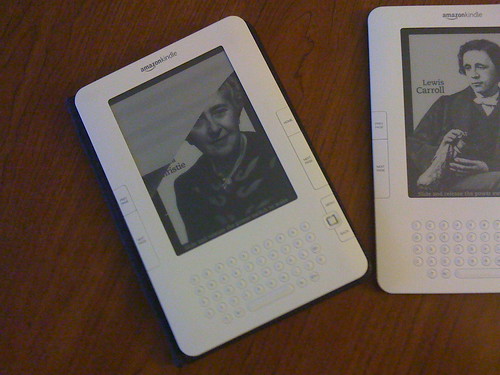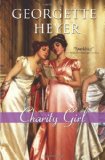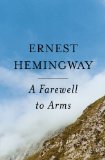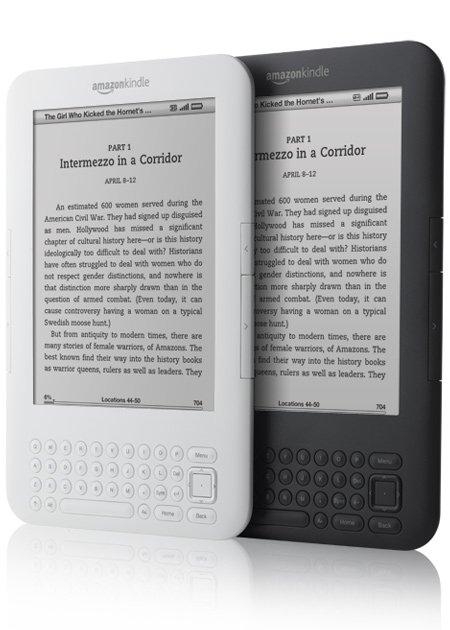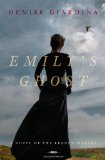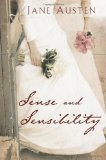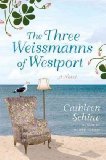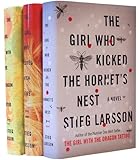 It seems like virtually everyone is reading Stieg Larsson’s Millennium Trilogy. I saw it tucked under the arms of people at work. Book bloggers were reviewing it. It appeared in ads for Amazon’s Kindle. I began to wonder if I should read the books. Some reviews tend to tell me that perhaps they wouldn’t be my thing, but others rave about the books. Who to trust? Who to believe?
It seems like virtually everyone is reading Stieg Larsson’s Millennium Trilogy. I saw it tucked under the arms of people at work. Book bloggers were reviewing it. It appeared in ads for Amazon’s Kindle. I began to wonder if I should read the books. Some reviews tend to tell me that perhaps they wouldn’t be my thing, but others rave about the books. Who to trust? Who to believe?
Then this link went out over Twitter, and I forgot who tweeted it, but it’s some pretty harsh criticism of Larsson and his work. What do you think? Have you read them? Does Janet Potter have a point? Or do you disagree with her completely?
In other news, my beloved Kindle is broken. It looks like this:
I did some research and discovered it can happen with even moderate pressure, and I fully admit it probably received some moderate pressure. I called Amazon, and they are shipping a replacement to me, which will arrive by Tuesday. They didn’t ask how it got like this, nor did they charge me for the replacement. Even though my Kindle is still under warranty, most companies would try to charge the customer for damage like this. I am to send my broken Kindle back, probably so it can be fixed and sold as a refurbished model. In fact, the one I’m getting in the mail is probably refurbished. The customer service couldn’t have been better. I had to fight back tears when I discovered it was broken last night, but Amazon made it all better again. I know they have taken some PR hits lately, but I’ve been a customer for twelve years, and I’ve never had anything but great service. If we had an indie bookstore around here anymore (Coffee Buy the Book closed a long time ago), I might buy from indies more often. I always get something from the Little Shop of Stories when I am in the vicinity of Decatur. As it is, I don’t really have an indie to support, and Amazon has been great to me.
photo credit: Terry Chay

